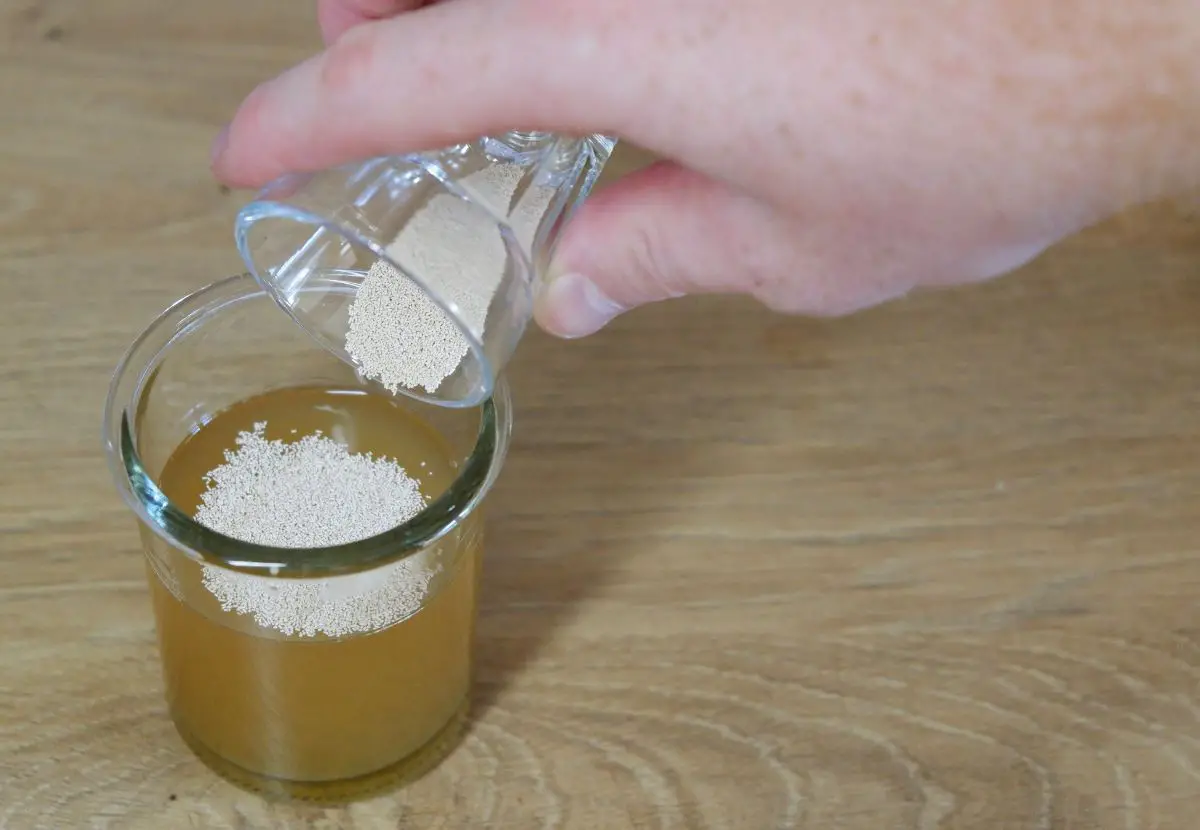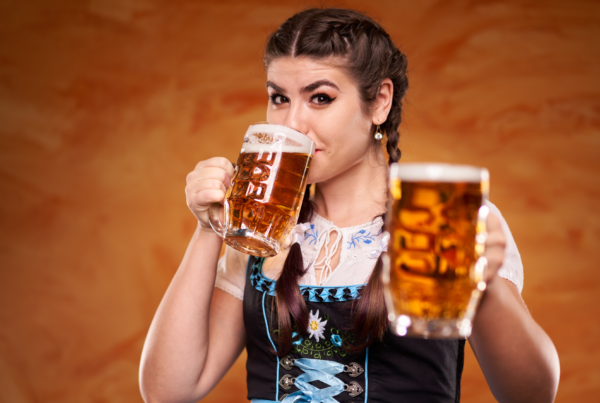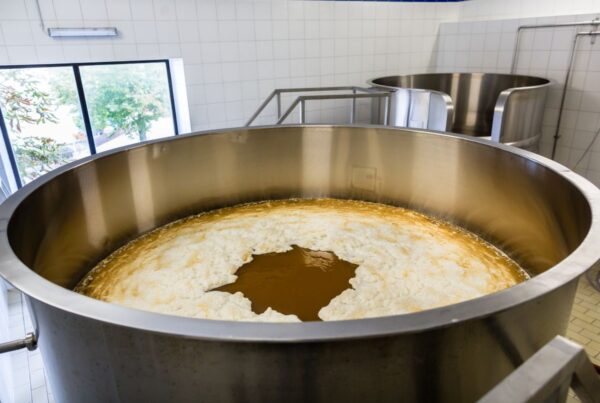Yes, There is Yeast in Beer: Here’s Why
When it comes to what’s in your beer, you might be picturing golden barley fields swaying in the breeze, or towering hops vines reaching to the sky. But it’s time to scale down—way down—and zoom in on everyone’s favorite microscopic engine of fermentation: Yeast.
When it comes to beer brewing, yeast is much more than just an ingredient. It’s a tiny-but-mighty organism responsible for turning a mere mixture of water, grains, and hops into a heady concoction that people worldwide have been clinking glasses to since ancient times.
So grab your favorite brew, and let’s toast to the small wonder that is yeast:
What Does Yeast Actually Do In Beer?
Yeast, particularly Saccharomyces cerevisiae, has the pivotal task of converting sugars into alcohol and carbon dioxide through fermentation. In this process, as yeast cells digest sugars like maltose present in wort (the unfermented beer), they produce ethanol (alcohol) and release carbon dioxide, giving the beer its characteristic fizz and foam.
During fermentation, yeast generates heat, as well as other compounds, including esters and phenols. If you’re wondering what those are, they’re compounds that contribute significantly to a beer’s flavor, and keep it from tasting like soggy bread. While some yeasts yield more fruity undertones, others can produce crisp and clean flavors.
Takeaway: In the simplest terms, yeast munches on sugar, and in return, we get that buzz and those fizzy bubbles. Sounds like a fair trade, right?
How Yeast Influences Beer Flavor
Different yeast species bring unique characteristics to each brew. For instance, lager-brewing yeast is celebrated for providing the classic crisp taste, whereas ale strains can vary from spicy undertones to distinctive fruitiness. It largely depends on the yeast’s genetic makeup and the fermentation conditions.
Some local breweries—always seeking innovative flavors—have begun to embrace the Brettanomyces species (or “Brett” yeast). Though not traditionally used in brewing beer, “Brett” imparts a sour cherry-like tartness reminiscent of the Flanders red ale-style beers from Belgium. We’ll talk more about Brett in a minute, but first, let’s explain some of the more common yeast strains:
Types of Beer Brewing Yeast
There’s a wide range of yeast strains employed in brewing, each with its signature attributes. Let’s break down some of the biggest movers and shakers in the yeast world:
Ale vs. Lager Yeasts
- Saccharomyces cerevisiae (Ale Yeast): Prefers warmth. Gives you those top-fermented beers with either fruity or spicy vibes. Depending on the specific strain and brewing conditions, they can even give us beers with “bready” undertones.
- Saccharomyces pastorianus (Lager Yeast): Likes it cool. Ferments from the bottom and delivers a generally crisper, cleaner taste. Often associated with the types of beers you’d grab at a backyard BBQ.
“Specialist” Brewing Yeasts
- Brettanomyces (Brett Yeast): A real oddball in the yeast world. Notoriously unpredictable, Brett brings an earthy funk to beers. Most mainstream brewers don’t want to get mixed up with a guy like Brett, being that it’s such a loner and a rebel, but depending on how it’s used, it can add subtle complexities or dominate the flavor with its signature wild, often sour, character.
- Saison Yeast: Originating from the Belgian countryside, Saison yeast has a high alcohol tolerance and thrives in a range of temperatures. It’s known for cranking out highly carbonated beers with a mix of fruity and spicy notes, creating a distinctive dry finish.
- Lambic Yeast Blends: Used for spontaneous fermentation beers in the Belgian tradition, these blends can include various Brettanomyces strains, Saccharomyces, and even lactic acid bacteria.
- Kölsch Yeast: Producing beers that are a bridge between ales and lagers, Kolsch yeast operates at cooler ale temperatures and offers a slightly fruity, crisp beer.
Does The Yeast Contained in Beer Bring Any Health Benefits?
Beyond its fundamental role in brewing, different types of yeasts in beer could be quietly offering a few health benefits on the side. But before you toast to your health, let’s dive a tad deeper into what’s brewing in the realms of research.
- Vitamin & Mineral Boost: Saccharomyces cerevisiae is rich in B-complex vitamins essential for metabolism. And if you’re a fan of natural fermented drinks, unfiltered beers can offer a mineral boost, dishing out potassium, phosphorus, and magnesium. (Take that, kombucha.)
- Potential Probiotic Properties: Some studies suggest that yeasts used in brewing might have probiotic-like benefits, supporting digestive health and immunity. While this remains an area of active research, the thought of a beer potentially having health benefits is intriguing.
Final Thoughts
While yeast does its part in brewing and might offer some health perks, let’s not kid ourselves: dubbing beer as the next big “health drink” might be a stretch.
Beer also brings along calories, carbs, and alcohol—it won’t exactly replace your daily multivitamin. But if we’re looking for a silver lining here, it’s this: in moderation, beer can be enjoyed as part of a balanced lifestyle.
Curious about beer and brewing? Join us at Hops Hunters, where we’re serving up bold beer profiles, pouring out expert beer reviews, and spilling secrets to enhance your brewing game (or drinking game).






